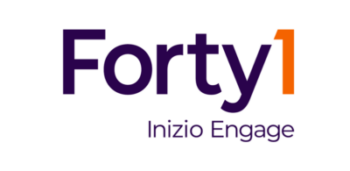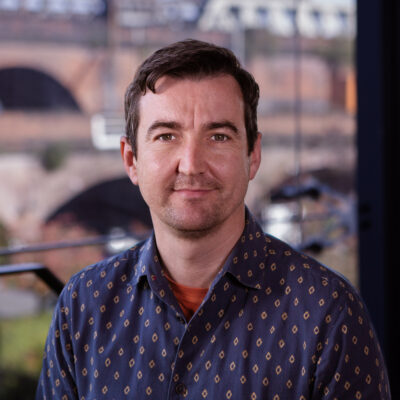From breakthroughs to blockbusters
 Allen Putman
Allen Putman  Dean McAlister
Dean McAlister Cultivating Culture in Emerging Biotech
Many biotechs—whether solidifying their legacy or newer to the industry—are on the cusp of greatness in scientific innovation and purpose-driven work.
However, in a rapidly growing and changing environment, bringing that purpose to life for employees through culture, communications, experiences such as events and learning opportunities might be overlooked. Some companies prefer investing in these “corporate” priorities later—a decision that could compound the risk of not successfully transitioning from start-up to industry player.
Without a solidified and omnipresent mission, companies may find themselves several years into their lifecycles with a founder—or driven solely by scientific culture, with unclear goals and inconsistent behaviors.
So, how do you get this right? Here’s our take on how to build and balance a high culture to maximize your organizational potential.
Shape Vision and Mission
Establishing an organization’s vision and mission early on—with respect for its foundational science—helps create a focused “True North” for the organization, creating guardrails to promote growth and setting the basis for your future-state culture.
Craft Your Employee Value Proposition (EVP)
For younger companies heavily rooted in the style and temperament of founding innovators, the broader goals of the organization and ability to effectively attract top talent may not achieve the desired results.
A compelling, thoughtful and powerful employee value proposition (EVP) can serve as the cornerstone for telling your culture story early by providing clarity on the company’s organizational direction, leadership style and behaviors. An EVP should be authentic, attractive, ambitious, unique, strategic and unifying with a connection to the organization’s vision and mission. Shaped by employees through scalable listening activities (e.g., focus groups, surveys and open forums), an EVP development process allows employees to directly contribute to its culture, share what they value at work and why, and convey how they feel connected to and inspired by their experiences. This, in turn, supports further recruitment and expansion throughout the lifecycle of the company.
Build Your Narrative
A memorable narrative is the backbone for consistency a company needs to permeate a positive, high-performing culture, especially early in its life. Once there is a consensus on the EVP, vision and mission, a strong company narrative helps shift the focus from the “tyranny of the urgent”— when task-oriented, episodic items need attention—to the intentional and strategic why and how work should be done. Further, this narrative—and a consistent identity—should be incorporated across all company communications, film, websites and elsewhere.
Create Engaging, Multi-Faceted Communications
Ensuring a steady flow of communication helps nurture culture and enable performance. Companies in this phase of development need to think about communications (leader updates, town halls, newsletters, etc.) and adjacent activities including training, events and experiences along with creating opportunities to receive feedback from colleagues to fuel higher employee engagement and a more positive culture overall.
Bring in the Experts
Would you ask a physician to fix a car? A pilot to make a sales call?
Bringing in communications experts can help your organization establish best-in-class offerings, experiences and content without putting a strain on your resources. The right partners—brought in early in your trajectory—can help crystallize your organizational strategy and set you up for success with scalable programs designed and implemented by experienced professionals like ours at Inizio, who have expertise in doing the things that are critical to enabling future success.
Click here to learn how Forty1 can best serve your organization.
Dean McAlister is Executive Vice President Biotech Enterprise Solutions at Inizio.
Allen Putman is a Senior Communications and Engagement Consultant at Forty1 North America, part of Inizio Engage XD.



